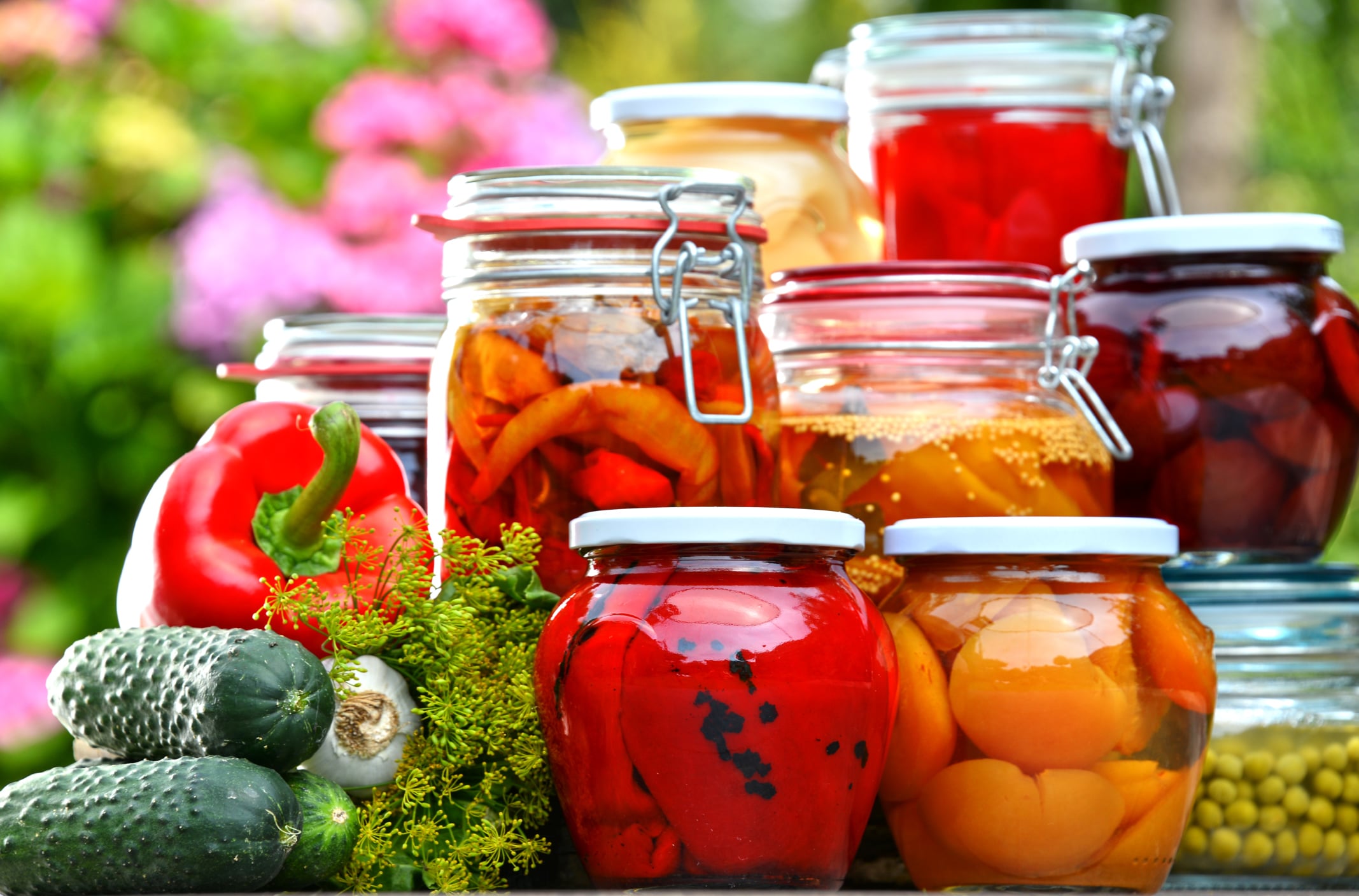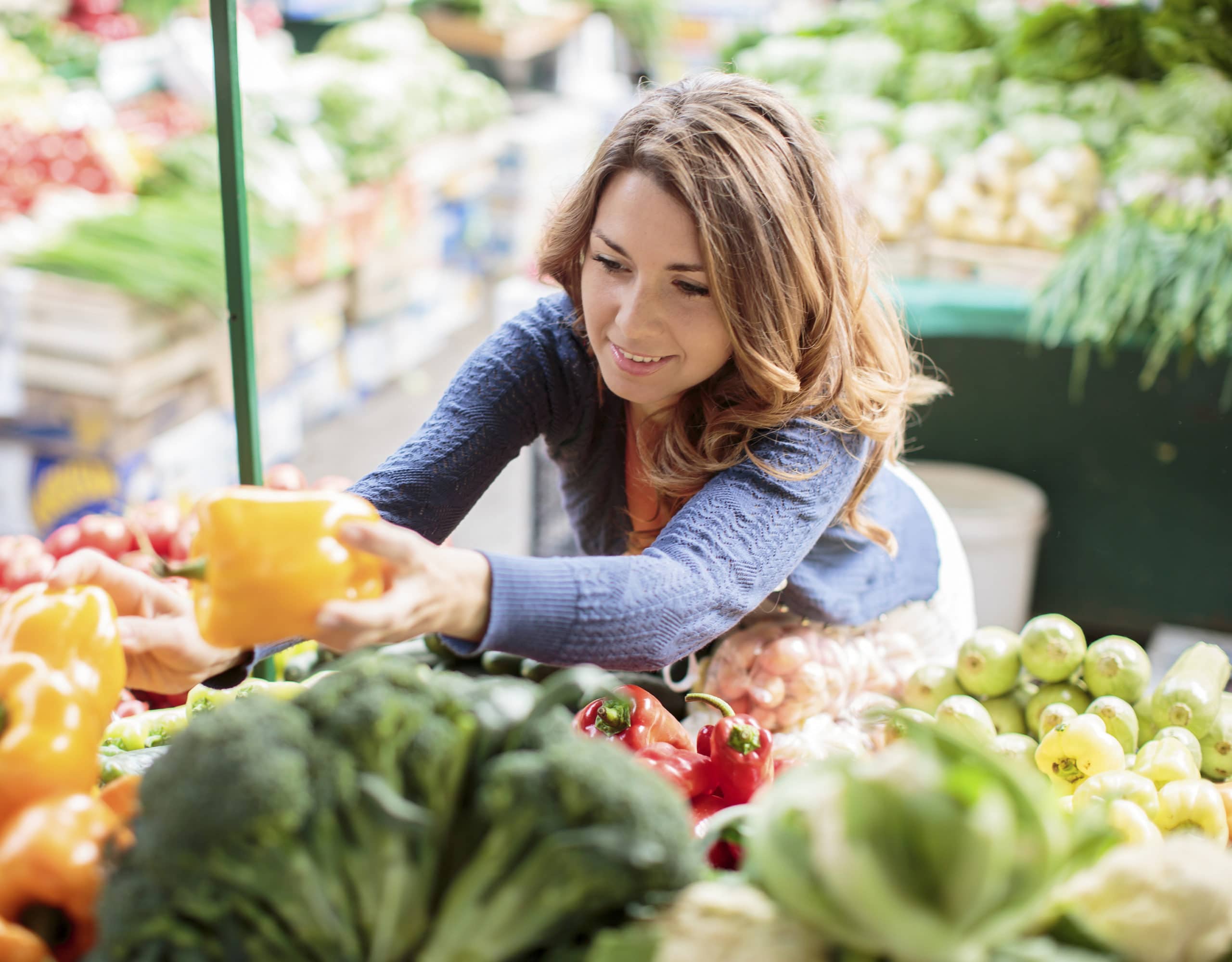Make Sure your Food and Water is Safe! 1. If your food has been exposed to flood waters you should: Throw out all foods exposed to flood water—even if they were in fridges and freezers. This includes meat, fruits & vegetables, all boxed foods, jars or bottles (home preservatives included) and cans with large dents—these items can’t be properly disinfected. Do … Read More
Canning
Canning is a method of preserving food that prevents spoiling. It uses heat and acid to help preserve food and keep it safe for us to eat. You can preserve all types of foods. Popular choices include: tomatoes jams jellies sauces fruits chutneys relishes pickles vegetables It is also possible to can meat, fish, poultry, milk and prepared foods like … Read More
Be food safe – Always wash fruits and vegetables!
The food we eat in Canada is generally very safe. But sometimes it may carry parasites that can make us sick. One such parasite is Cyclospora. Click here for more information on Cyclospora Everyday Tips for Washing Fruits and Vegetables Before you start, Wash your hands with soap and hot water for 15-20 seconds. Wash all fruits and vegetables under running … Read More
Be Food Safe
Handling food safely is super important. The risk of getting sick at home are more common than you think. The four easy lessons of CLEAN, SEPARATE, COOK and CHILL can help you prevent harmful bacteria from making your family sick. Bacteria are all around us. While most are harmful (some are even beneficial), others can make you sick. CLEAN Bacteria can spread … Read More
Food Safety Videos – Fun and Educational
We are proud to present a fun, fact filled series of Food Safety Videos to educate and entertain you, friends and family. Each video teaches how to “Be Food Safe” in different situations: Food Poisoning – Be Food Safe Learn more about Food Poisoning and what you should do if you think you have it. Grocery Shopping – Be Food … Read More
Food Related Illness and School Lunches
The following tips can help prevent you or your family getting sick from food related illnesses. • Wash hands, kitchen counters, and kitchen equipment prior to making lunches • Wash all vegetables and fruit • Wipe your child’s lunch bag and thermos each night. Clean with baking soda and water once a week • If using plastic wrap and Ziploc … Read More





